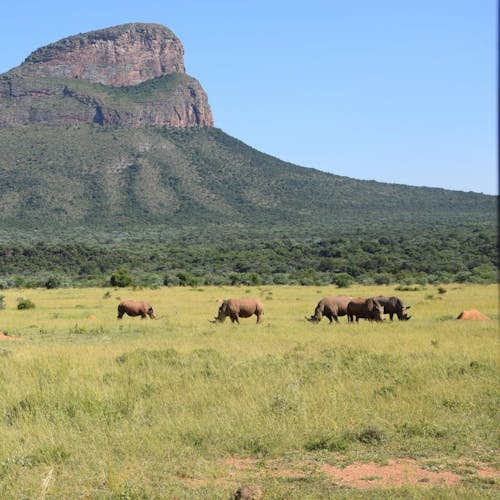WILDLIFE VOLUNTEERING: THE RED FLAGS MOST PEOPLE MISS
Learn more
Going, going, gone - species extinction in 2016
What are some of the species we have lost in 2016? What caused their demise?
2016 was not a great year for wildlife. Many species have been lost forever or declared functionally extinct. Admittedly, many of them are lesser-known species, which might explain why their demise was not plastered all over the news. They nonetheless represent another part of the global ecosystem being broken. A closer look at the established causes for extinction brings up some issues that have made the front page news more than once: climate change, habitat loss, and poaching are among the main causes.
Climate change
Climate change has officially claimed its first victim in terms of killing off a mammal species. This dubious honour goes to the little-known Bramble Cay melomys, a small rodent endemic to an island off the Great Barrier Reef. Rising water levels have reduced its habitat on the low-lying island. (source: National Geographic, 20 February 2019)
Poaching
The Extinction Countdown blog by John R. Platt in the Scientific American reports the functional extinction of the Addax antelope (Addax nasomaculatus), which is native to the Sahara Desert. Functional extinction means that the number of individual animals alive is too small to form a viable population for the future. In the case of the Addax, only three animals have been recorded in a 2016 survey. The decline of the addax is attributed largely to illegal poaching.
Human encroachment
The Contomastix charrua lizard has been entered as officially declared extinct in the IUCN Red List in 2016. The site cites habitat loss due to human encroachment and disturbance resulting from tourism during the breeding season as the main contributing factors.
Climate change, illegal poaching, wildlife trade, habitat loss, and disturbance due to humans encroaching on wilderness areas remain conservation challenges. Please consider helping in any way you can, from supporting your local wildlife initiatives to sharing information to increase global awareness and support or donating to conservation charities.
